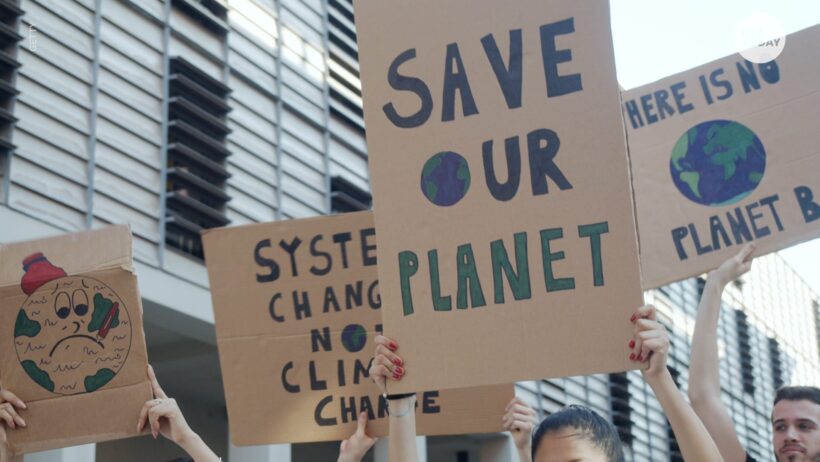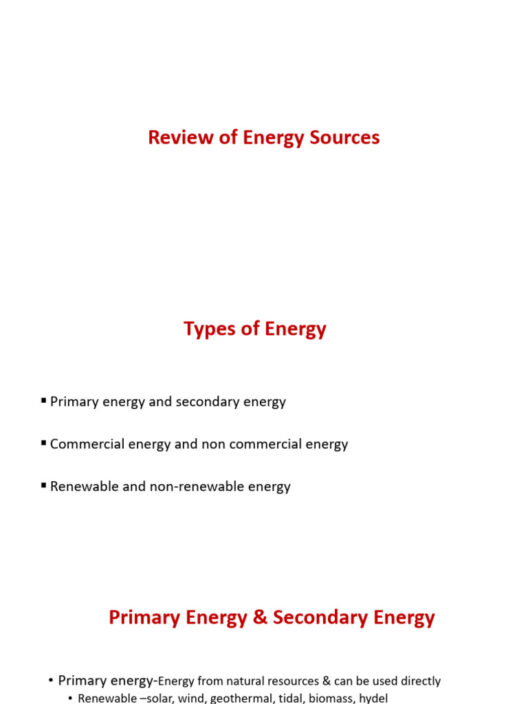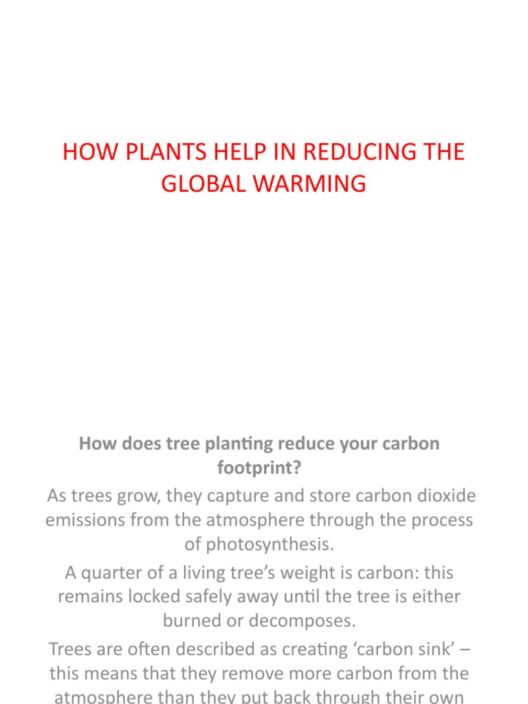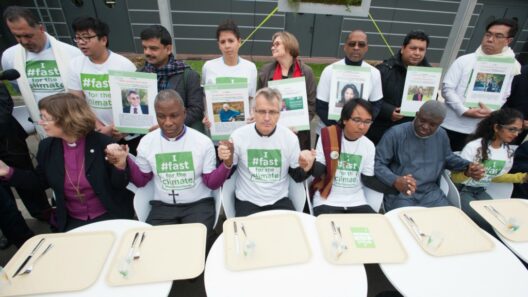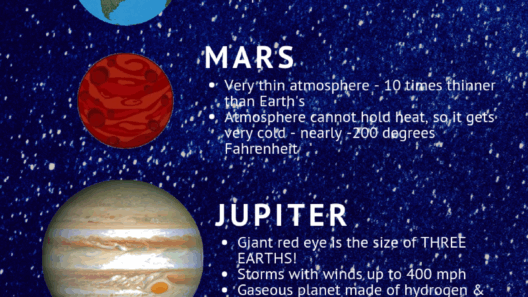As we progress into the 21st century, the specter of climate change looms ever more ominously over our planet. With increasing temperatures, rising sea levels, and unprecedented weather patterns, the reality of this crisis is undeniable. But why is climate change considered such a serious problem? What makes it a topic that demands our immediate attention and action? You might be wondering, how does climate change affect my daily life, and what can I do about it?
To begin with, climate change poses a formidable challenge due to its multifaceted impact on natural ecosystems, human health, and economic stability. The crux of the issue resides in the elevated concentration of greenhouse gases, notably carbon dioxide and methane, in the atmosphere. This accumulation results from anthropogenic activities, including the burning of fossil fuels, deforestation, and industrial processes. As these gases trap heat, they create a phenomenon known as the greenhouse effect, causing the Earth’s average temperature to rise—an unnerving reality that governs the climate crisis.
One might ponder, why should we be concerned about rising temperatures? The answer lies in the cascading consequences that arise from this shift. The increase in global temperatures catalyzes the melting of polar ice caps and glaciers, which in turn contributes to rising sea levels. Coastal cities and island nations face the specter of inundation, compelling countless individuals to abandon their homes and livelihoods. This form of displacement is not a distant threat; it is an imminent reality for millions.
Moreover, the ramifications extend beyond the geographical realm. The natural world—a delicate interwoven fabric of ecosystems—finds itself destabilized by shifting climate patterns. Plants and animals, unable to adapt quickly enough to the changes, face extinction at an alarming rate. This biodiversity reduction undermines ecosystem resilience, affecting everything from pollination to water purification. One might ask, how vital is biodiversity for our survival? In truth, it serves as the bedrock upon which human life rests.
Furthermore, let’s delve into the health implications—an often-overlooked aspect. Climate change fosters conditions conducive to the proliferation of diseases. Warmer temperatures allow vectors such as mosquitoes to thrive, expanding the geographic range of diseases like malaria and dengue fever. Extreme weather events—hurricanes, floods, and heatwaves—stress healthcare systems and exacerbate health inequalities. With vulnerable populations bearing the brunt of these impacts, the question becomes, how can we safeguard public health in an age of climate anxiety?
Economic repercussions also merit close examination. As climate-related phenomena wreak havoc, industries reliant on stable climate conditions face jeopardy. Agriculture, a cornerstone of human sustenance, is particularly susceptible to changing weather patterns. Crop yields fluctuate dramatically due to droughts or excessive rainfall, threatening food security. As food prices soar, so does the risk of conflict and unrest over dwindling resources. The possibility of economic instability leads to yet another question: can our economies sustain the weight of climate change, or are we marching towards a profound reckoning?
Highlighting the intersections between climate change, social justice, and equity is crucial. Historically marginalized communities often bear the brunt of climate change impacts due to systemic inequities. These populations are frequently less equipped to adapt or recover from climate events. This amplifies existing social issues, generating a cycle of disadvantage. Thus, one must consider how addressing climate change is not merely an environmental necessity but a moral imperative. How can we create a more equitable future in the face of adversity?
Thus far, one might realize that the challenges presented by climate change appear insurmountable; however, they are not devoid of solutions. Adaptation and mitigation strategies can significantly alleviate the detrimental effects. Adoption of renewable energy sources like wind and solar, enhancing energy efficiency, and fostering sustainable agricultural practices are paramount. Moreover, innovation in carbon capture technology presents a glimmer of hope for reducing atmospheric CO2 levels.
On an individual level, citizens play a pivotal role. Simple actions, such as reducing waste, opting for public transportation, or supporting local and sustainable businesses, contribute to the larger movement against climate change. Educating oneself and engaging in community initiatives can foster collective action, creating ripple effects that extend far beyond individual choices. The interplay between local measures and global outcomes is vital—what can you do to make a difference?
The international community, too, bears the responsibility of taking decisive action. Frameworks like the Paris Agreement exemplify collective efforts to combat climate change through collaboration and commitments to reduce emissions. Politicians and policymakers must prioritize environmental agendas, recognizing that climate change is a defining challenge of our time that transcends borders and requires a unified response.
In conclusion, climate change transcends being a mere environmental concern; it is an existential threat that permeates every facet of life on Earth. Its serious implications for ecosystems, health, economies, and social equity cannot be ignored. The questions it raises—about safety, survival, and justice—demand answers and actions. The urgency for a concerted effort to address this crisis has never been greater. As stewards of the planet, we are entrusted with the responsibility to challenge ourselves and enact changes that will benefit future generations. Ultimately, it is within our grasp to combat this formidable foe—so let us embrace the challenge and forge a sustainable path forward. The question remains, what will you do about it?



